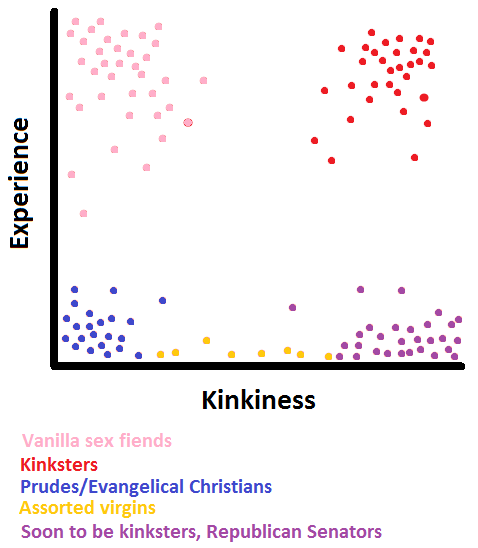My department is hosting a panel on “The Future of Genome Sciences” that is free and open to the public. Here are the details:
Panel Discussion: The Future of Genome Sciences
Monday, May 7th
7:00 pm, Kane Hall EDIT: 120
University of Washington
Seattle, WA
free, no registration requiredThe speakers will be:
Dr. Bruce Alberts who President Obama has appointed as one of his first Science Envoys. Dr. Alberts is editor of Sciencemagazine, author of The Cell, and former President of the National Academy of Sciences.
Dr. Natalie Angier who is a science writer for The New York Times and the Andrew D. White Professor-at-Large at Cornell University. In 1991 she received the Pulitzer Prize for Beat Reporting.
Dr. James Evans who is the Bryson Distinguished Professor of Genetics and Medicine at University of North Carolina and directs the Clinical Cancer Genetics Services at UNC.
Dr. Keith Yamamoto who is Vice Chancellor for Research, Executive Vice Dean of the School of Medicine, and Professor of Cellular and Molecular Pharmacology at the University of California, San Francisco.
The moderator is Dr. Maynard Olson, who is a Professor in the Departments of Genome Sciences and Medicine at the University of Washington and is one of the founders of the Human Genome Project.
If you’re near Seattle, I hope I’ll see you there!

